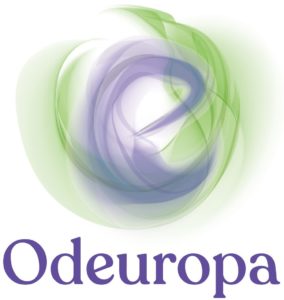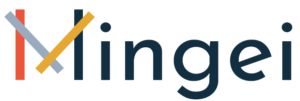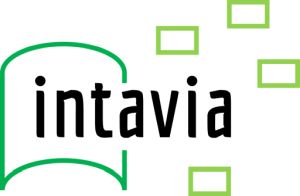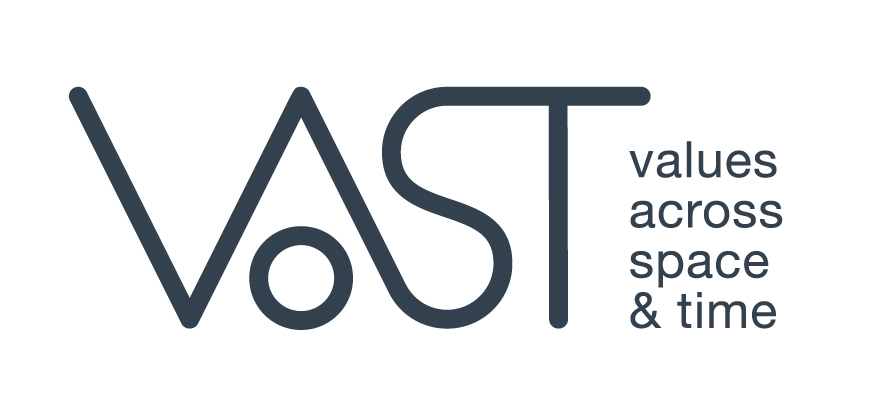|
Uncharted: Understanding, Capturing and Fostering the Societal Value of Culture (1/2/2020-31/1/2024) |
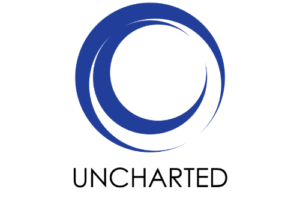 |
UNCHARTED project, focusing on the valuation practices developed by different actors involved in the cultural sector, will identify Europe’s plurality of cultural values attached to specific cultural products, productions, services, activities and sites. Three areas in the value dynamics of culture are distinguished: the field of cultural participation, the field of cultural production and heritage and the field of cultural administration. The project aims to structure the study of the different aspects involved in this evaluative dynamic: the emergence of values, the configuration of a value order and the political impulse of values. |
|
pop AI project A European Positive Sum Approach towards AI tools in support of Law Enforcement and safeguarding privacy and fundamental rights (1/10/2021-30/9/2023) |
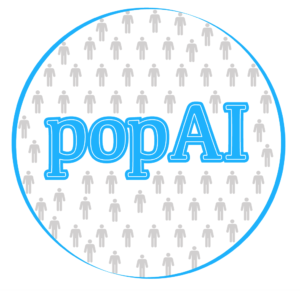 |
pop AI aims at fostering trust in the application of AI and AI-enable mechanisms in the security domain, by increasing awareness, social engagement and gathering knowledge and expertise from multiple sectors (e.g. academic and non-academic actors). This approach will offer a unified European view across LEAs (Law Enforcement Agencies), while encouraging the creation of an ecosystem that could provide the structural architecture of a sustainable and inclusive European AI hub for Law Enforcement. |
|
rurAllure Project: Promotion of rural museums and heritage sites in the vicinity of European pilgrimage routes (1/01/2021-31/12/2023) |
 |
The rurAllure Project works on the promotion of cultural venues and heritage sites from the rural environments of Europe, in the vicinity of pilgrimage routes. The starting point was the weakness behind the big success of pilgrimage routes: the fact that many provinces and regions of a predominantly rural nature become passive witnesses of the flows of pilgrims, while they could actually add much of content and value to their pilgrims’ experience. Thus rurAllure’s goal is to overcome this situation through the allure of the cultural heritage found in the rural environment. |
|
ARTIS Project: Art and Research on Transformations of Individuals and Societies (1/02/2020-31/01/2025 |
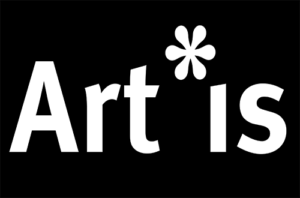 |
ARTIS (Art and Research on Transformations of Individuals and Societies) is a EU Horizon 2020-funded project under the call “Societal Transformations and the Arts.” It is a consortium of research institutions in the social sciences, Art History, Philosophy, Art education, and Art and Cultural Policy. The project aims to integrate state-of-the-art empirical approaches from psychology, neuroscience, and phenomenology to conduct a series of investigations that identify specific types of experiences with art. |
|
ReInHerit Project: Redefining the future of cultural heritage, through a disruptive model of sustainability (1/03/2021-29/02/2024) |
 |
ReInHerit is an Horizon2020 project that aspires to disrupt the current status quo of communication, collaboration and innovation exchange between museums and cultural heritage sites, in a sense that it will connect cultural heritage collections and sites, and present Europe’s tangible and intangible heritage to citizens and tourists in their wider historical and geographical contexts. The project proposes, a very innovative model of sustainable heritage management, through which a dynamic network will be born. |
|
TExTOUR Project: Social Innovation and TEchnologies for sustainable growth through participative cultural TOURism 1/01/2021-30/09/2024 |
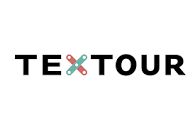 |
TExTOUR is an EU-funded project which co-designs pioneering and sustainable cultural tourism strategies to improve deprived areas in Europe and beyond. The ultimate goal is to improve deprived areas in Europe and beyond. To do this, it sets up Cultural Tourism Labs at eight pilots located within the EU and outside it. |
|
Inclusion4Schools School-community Partnership for Reversing Inequality and Exclusion: Transformative Practices of Segregated Schools (1/11/2020-31/10/2024) |
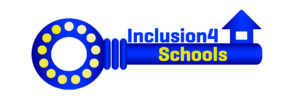 |
The aim of the Horizon2020 Inclusion4Schools project is to strive against the logic of exclusion in education and against the systemic (re)production of inequalities – insisting on a bottom-up strategy – in the context of segregated schools and communities. The project aims to foster and promote pedagogical relations of inclusion, a culture of dialogue, and the transformation of unjust structures through education. The central objectives of the proposed action are: - to support and coordinate community schools and their respective communities of practice, and - to create a place and culture of sharing between such communities by initiating and coordinating the convergence and synergies of local, regional and transnational communities.The expected impact of the proposed project is to contribute to the European initiatives and interventions that aim at reversing inequalities. |
|
Social cohesion, Participation, and Inclusion through Cultural Engagement (01/05/2020 -30/04/ 2023) |
 |
SPICE project aims to foster diverse participation in the cultural heritage domain via citizen curation, where citizen groups will share and compare their interpretations of cultural objects with other groups. Various tools will assist citizens in this process, helping them build a representation of themselves and appreciate variety and similarity across groups to enhance social cohesion |
|
Training Young People on Augmented Reality Authoring Showcasing Intangible Cultural Assets as Use Cases |
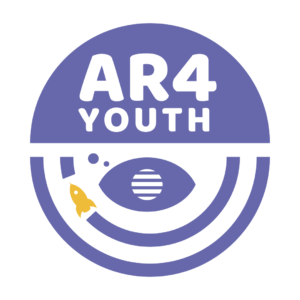 |
AR4Youth centralises at training young people in conceiving, designing and implementing an Augmented Reality (AR) project for digitising and augmenting books, guides or manuals. Acknowledging, in addition, the necessity of preserving our cultural heritage the project will use as case studies Greek, Lithuanian and Estonian fairy tales, myths and legends which will be transformed into digitally AR texts and preserved in the project’s Cultural Digital Library. |
